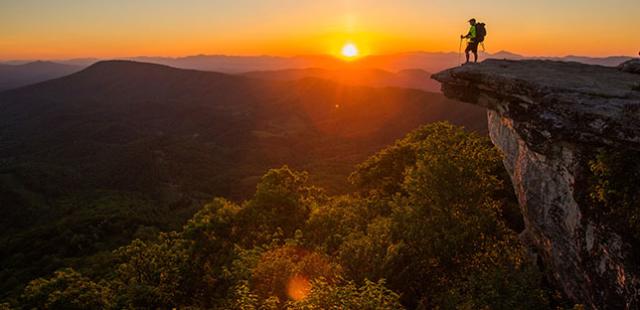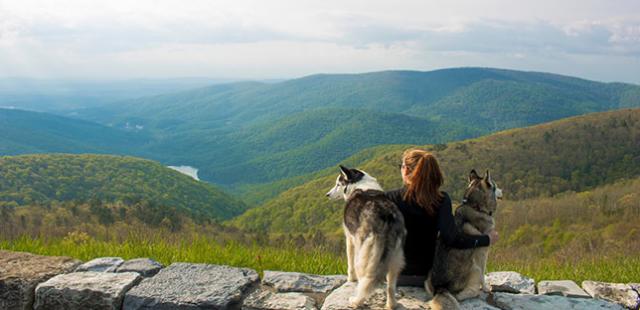Over the last five years, there has been a global trend of consumers seeking natural and organic wines, with sales increasing by a whopping 27% just in the past year. Ideally, natural wines are made from pure fermented grapes that are grown with no pesticides or fertilizers and harvested by hand. Due to the lack of additives, natural wines have a limited shelf life and can spoil easily.
Organic wines, on the other hand, while also grown without fertilizers or pesticides, are allowed to have additives and be produced with industrial processes.
Low-intervention wines are the environmentally-friendly product of growers looking to be more eco-friendly and sustainable in their vineyards, with practices ranging from using weed-eating sheep instead of lawnmowers and cultivating honey bees to building wineries with reclaimed wood and solar panels. However, the grapes are still treated to prevent disease and other damage. These wines are allowed to ferment naturally with no added yeasts or sulphites, resulting in a wine that is less predictable, but often uniquely beautiful to wine enthusiasts looking to sip on something outside of the traditional varietals and blends.
Natural Wine Shops Around Virginia
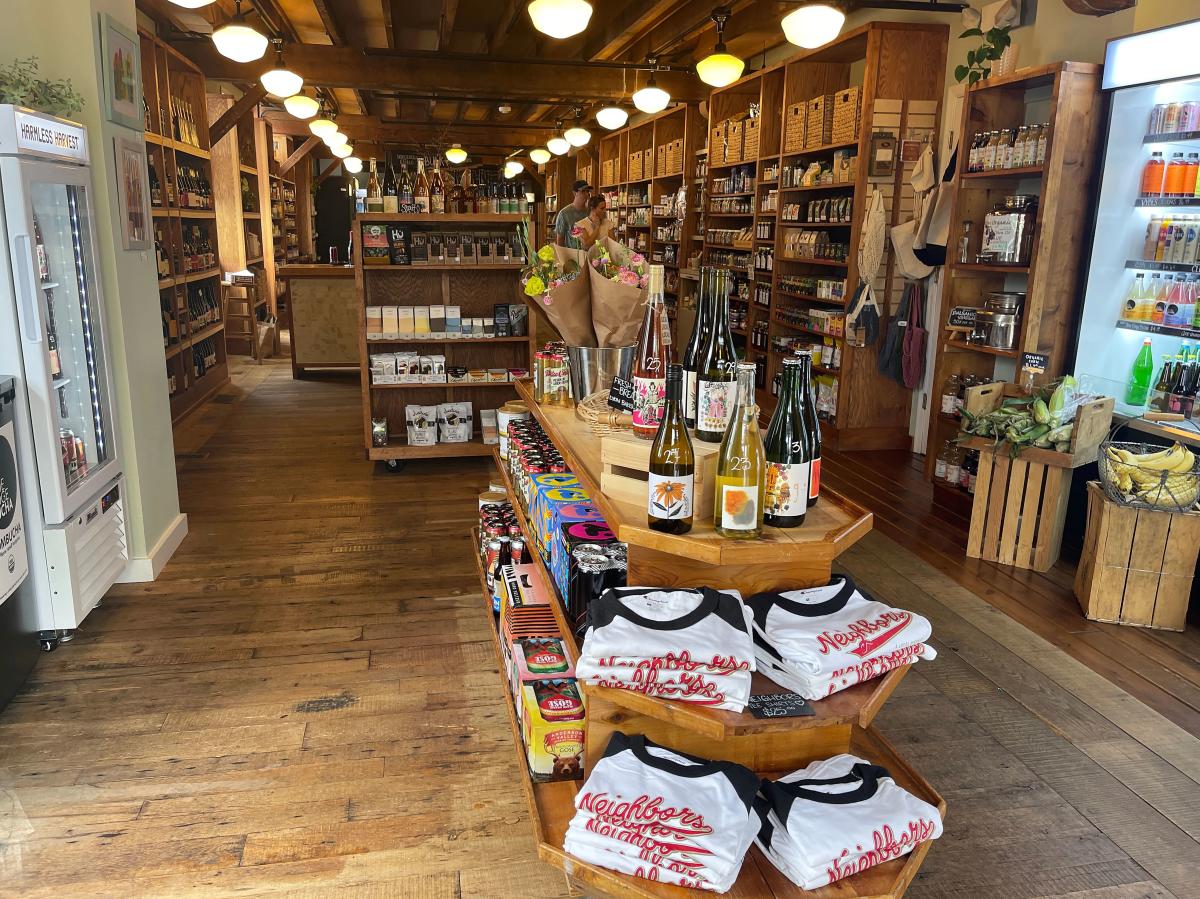
Neighbors, A Local Market, Leesburg
The trend toward natural, low intervention, and organic wines—perceived to be healthier and more eco-friendly—is present in restaurants and bars, winery tasting rooms, and new shops like RichWine RVA in Richmond, which specializes in these wines.
Here are a few more wine shops that carry an array of Virginia's natural, low intervention, and organic wines:
- Neighbors, A Local Market—Leesburg
- The Green Room—Staunton
- Tilman's Cheese & Wine—Charlottesville
- Williams Corner Wine—Charlottesville
- Celladora Wines—Richmond
- Penny's Wine Shop—Richmond
- Jardin—Richmond
Virginia’s Eco-Friendly Vineyards
Loving Cup Winery in North Garden is Virginia’s only certified organic vineyard and one of only three on the East Coast. Celebrating their 10th anniversary in that role, Loving Cup’s winemaker Karl Hambsch believes in “working with nature, rather than against it.” The winery grows disease-resistant grapes and depends on insects—especially spiders—to protect the vines. Natural spring water is also an important element, which they collect from an underground spring via French drains to water the vines.
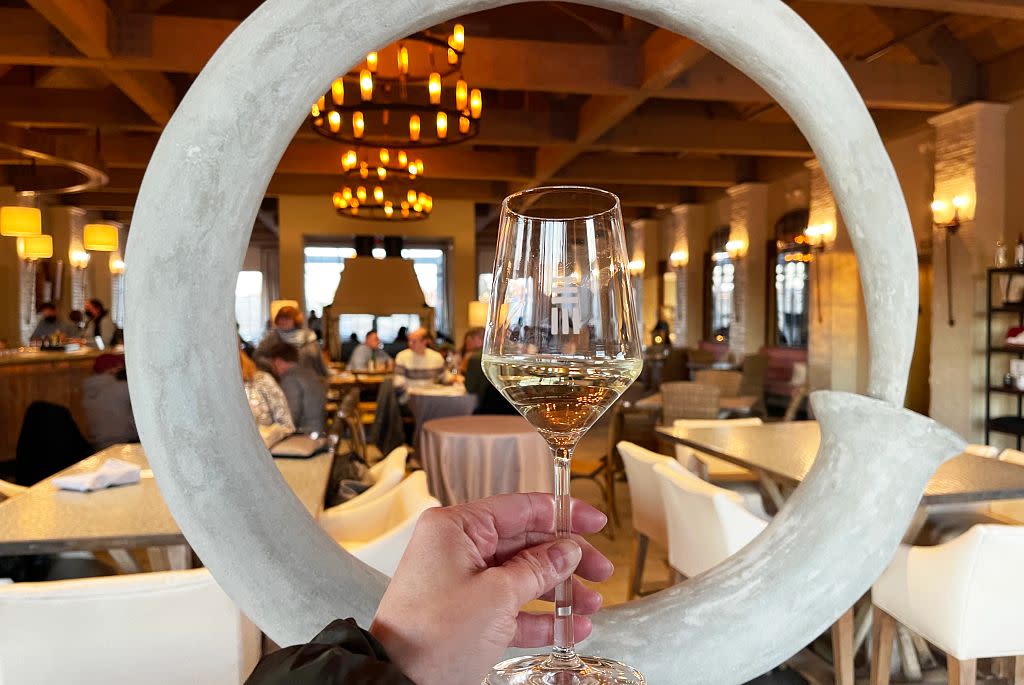
Early Mountain is known for its pét-nat—an abbreviation for the French 'pétillant naturel', meaning 'natural sparkling'—a wine made in the oldest method developed in the 16th century or méthode ancestrale. This means the wine goes through a single and continuous fermentation in the bottle, which traps carbon dioxide and creates a gentle carbonation. This is a favorite wine of the recently promoted head winemaker, Maya Hood White.
Purcellville's Walsh Family Wine is another vineyard producing quality pét-nat and other natural-style wines.
Two labels crafting low intervention wines in the Waynesboro area are Lightwell Survey, whose tasting room is located in Waynesboro (note that Lightwell Survey's tasting room does not hold regular hours, instead opting for a more pop-up style schedule, so be sure to check the website before visiting), and Midland Wines, which does not have a tasting room but offers online sales through their website. Both made by winemaker Ben Jordan, these small batch wines have quietly become some of the favorites for low intervention wine enthusiasts in Virginia.
Ben Jordan began his career in the wine industry in New York and San Francisco, focusing on the sales and distribution aspect of the business before he turned to winemaking in California's Sonoma region. However, after deciding to return to his Virginia roots, Jordan lent his skills to renowned Virginia wine labels like Michael Shaps and Early Mountain Vineyards (Jordan is responsible for the low intervention wines made at Early Mountain previously, as well). With his low intervention and natural winemaking methods dating back to 2015 in Virginia, Jordan is one firsts to institute these practices in Virginia's wine scene, producing distinct wines that have become celebrated in the natural and low intervention wine world.
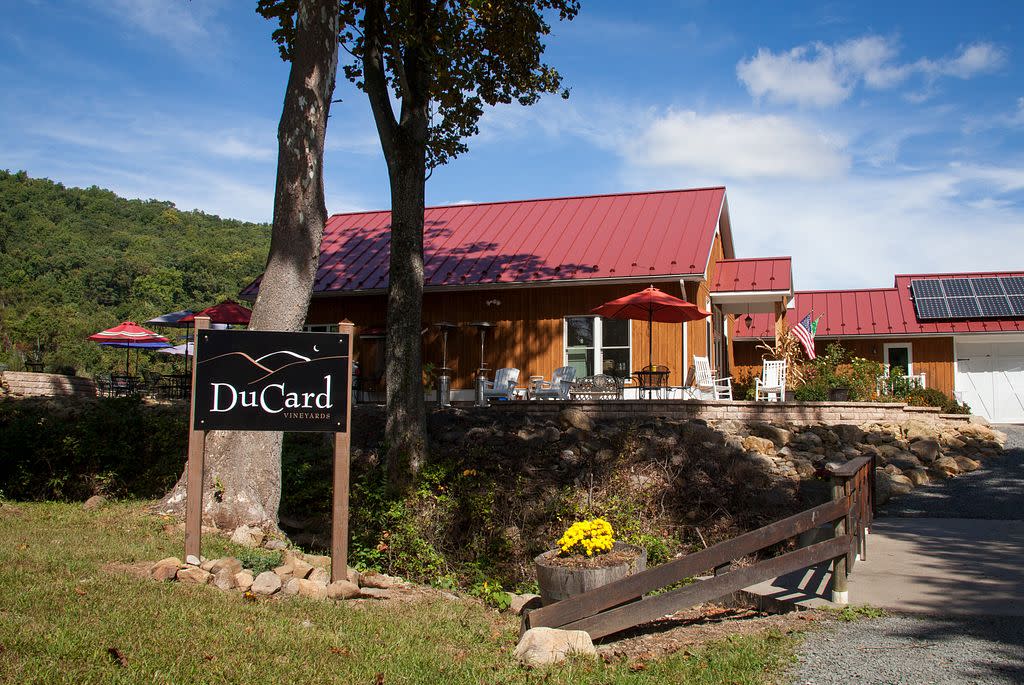
Just north of Charlottesville, DuCard Vineyards has been named the “Greenest Winery in Virginia” twice in the past two decades for many reasons. They were the first solar-powered winery in the state and used wood for their floors and tasting bar recycled from a 100-year-old barn on the property. In addition to making their cutlery from vegetable starch, they compost grape waste to use in their fields and gardens, plant wildflowers to feed beneficial insects, and process water through an artificial wetland system. They also recycle corks and offer an electric car charging station for visitors. Hark Vineyards, Glass House Winery, Sunset Hills Vineyard, and Knight’s Gambit Vineyard followed DuCard’s lead and also harness the sun to power their businesses.
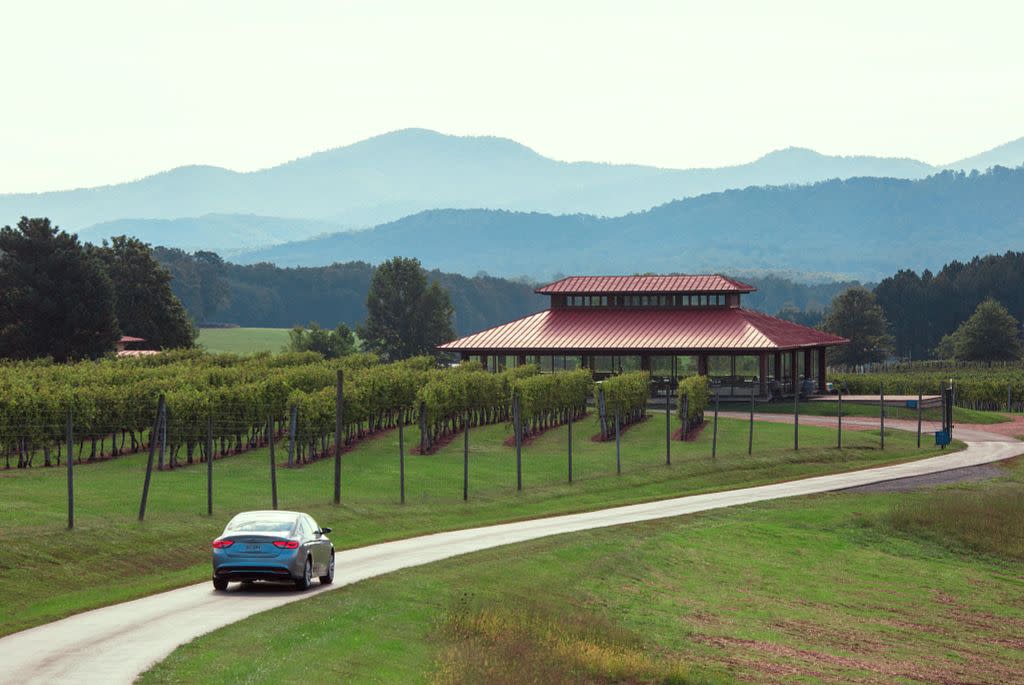
The winemaker at Afton Mountain Vineyards sprays his vines with herbal tea, rather than insecticides, uses goats to cut the lawns, and recycles the grape skins after crushing by giving them to a neighbor for livestock feed. Owners Elizabeth and Tony Smith bought the neighboring land to keep it free from development and invested in a glass crusher so that they could recycle empty wine bottles into sand for landscaping projects.
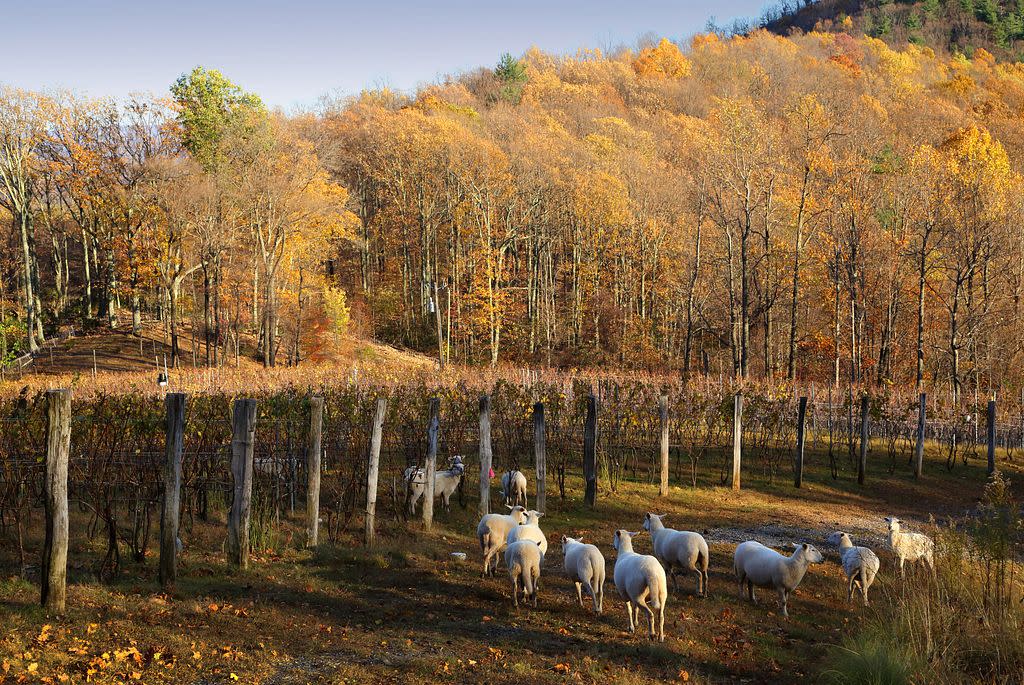
Photo Credit: Steven Morris
Known for one of the finest Pinot Noir wines in the country, Ankida Ridge Vineyards uses chickens to aerate their soil and eat pesky bugs. The winery allows sheep to roam the property and trim their ground cover, helping them reduce the use of pesticides. They work the vines by hand, and their philosophy of minimal intervention also applies to their cellar. Everything they do focuses on keeping the balance between nature and farming while respecting the billion-year-old Charnokite granite soil on Chestnut Ridge, where their vineyards are planted.
Iron Heart Winery, about 45 minutes south of Blacksburg off I-81, has also employed sheep to help maintain the grape vines. For a month mid-summer, owner Adam Fariss "borrows" a neighboring farm's Katahdin hair-sheep to thin out leaf cover that hinders grape development.
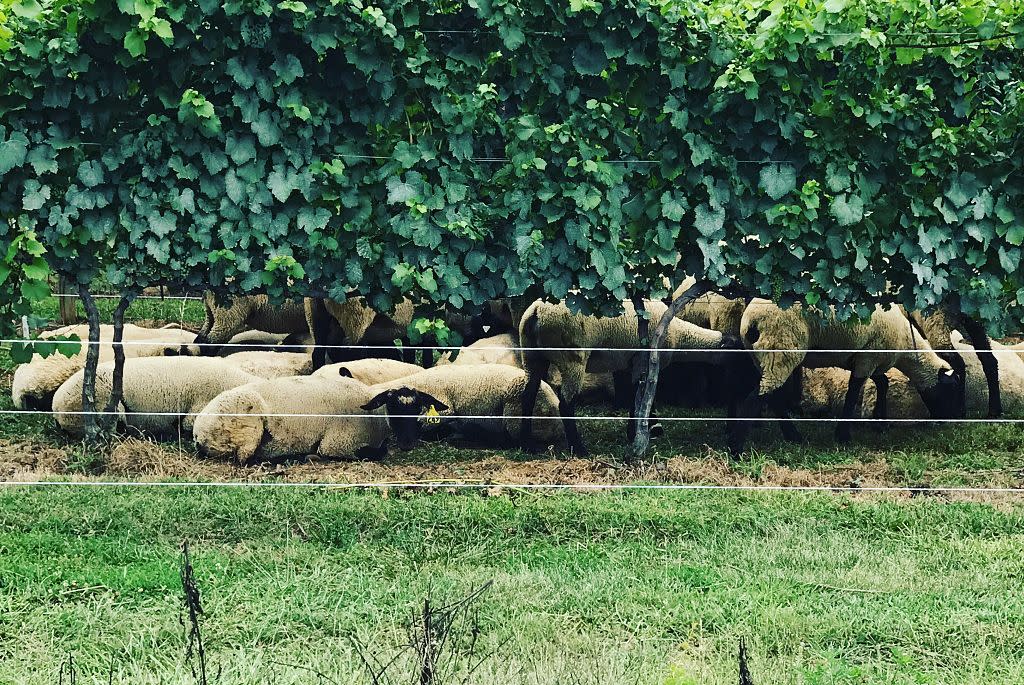
Photo Credit: Adam Fariss
Of the practice, Fariss says, "During this specific window in the growing season, the grapes are insanely acidic, so the sheep show no interest in them. At the end of their time, the vineyard floor is cleaned up well of weeds, they have spread some manure, under the trellis has been pawed and aerated, and most importantly, the fruit zone is free of leaves. The farmer is happy to let me take his animals for a month mid-summer to let his pastures rebound in the hot dry period while they do an amazing job for me."
Utilizing these creative and organic methods for pruning the vines, the winemakers save money and time while also promoting the healthy growth and development of their grapes.
More Creative "Green" Solutions
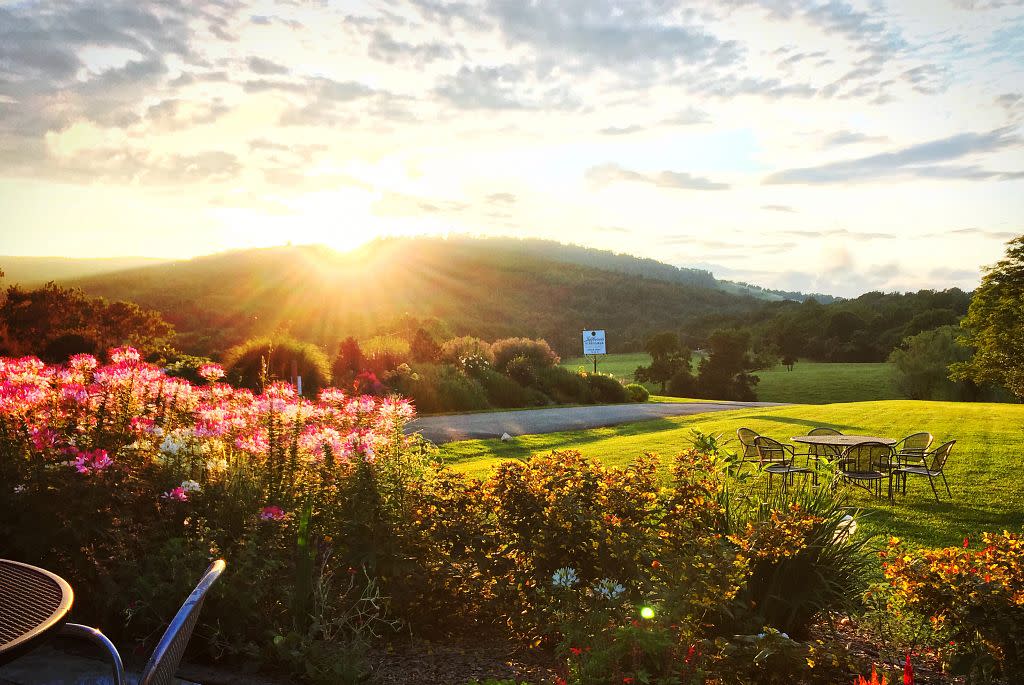
Jefferson Vineyards, Photo Credit: Attila Woodward
Jefferson Vineyards’ seven acres of wildflowers support 400,000 bees, while Briede Family Vineyards has an insectary house of “good” bugs to minimize vineyard intervention.
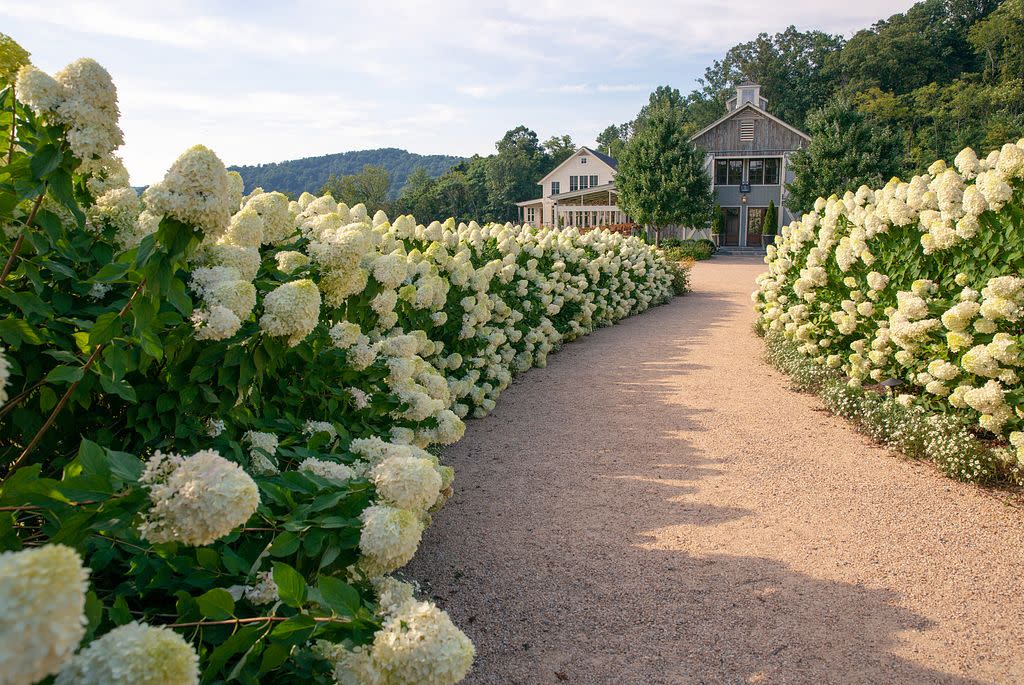
Pippin Hill Farm & Vineyards
Pippin Hill Farm & Vineyards, Barboursville Vineyards, and Castle Hill Cider also provide pollinator crops for resident bees. Maggie Malick and her husband created an underground wine cave to reduce their carbon footprint, while several wineries like Barrel Oak use geothermal HVAC systems to temper their energy output.
Since glass accounts for more than half of wine’s carbon footprint, many wineries and breweries offer refillable growlers, have done away with disposable water bottles, and have moved to lightweight wine bottles, boxes, or cans. And Glass House Winery owner Jeff Sanders went even further, building a tasting room and event space from nearly twenty thousand empty bottles.
From low intervention methods in winemaking to water and energy conservation and using livestock, bees, and “friendly” insects to support the vines, the wineries in Virginia are working toward a sustainable future that will benefit their terroir and ultimately, their wines. For a great selection of wineries to visit this fall or special events at vineyards, read Wine & Country Life or visit the Virginia is for Lovers wine page.
